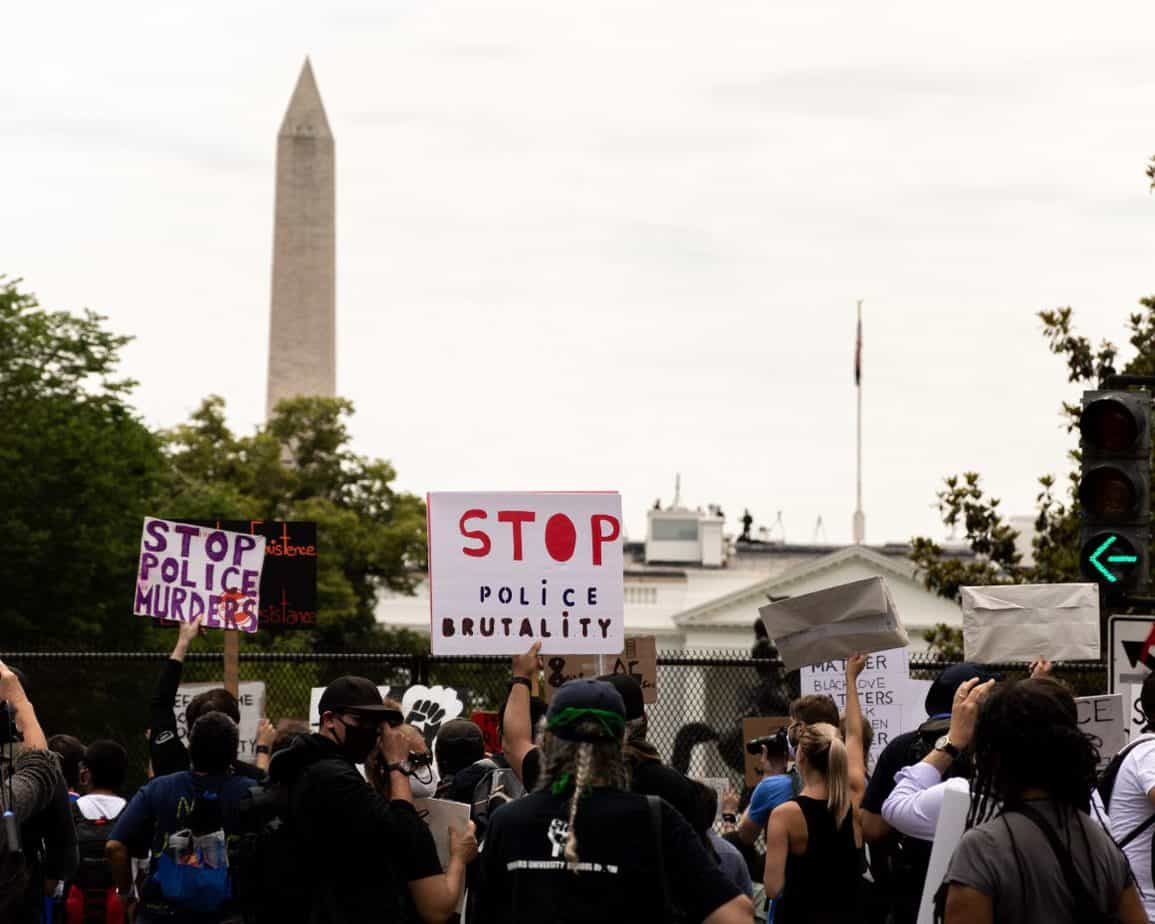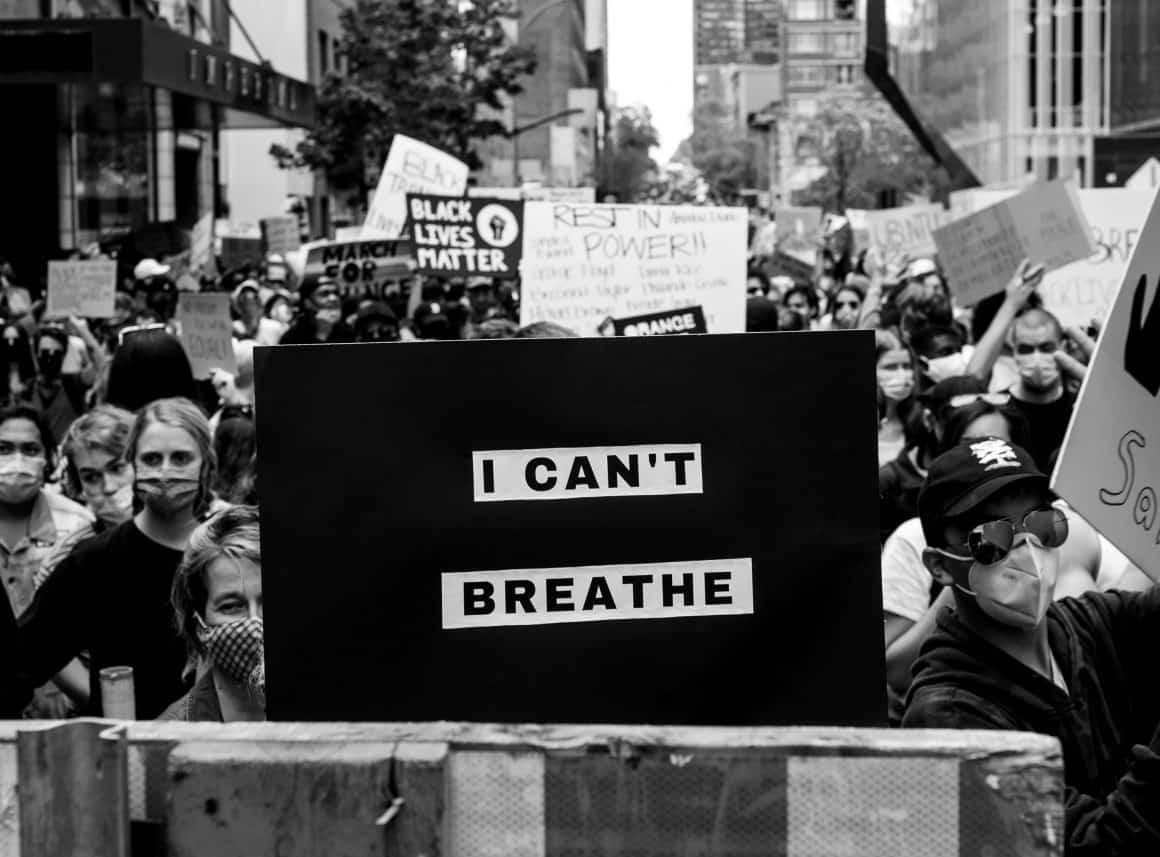By Dr. Jennifer Mongold, Guest Author
Allow me to introduce myself. I am the Chair of the Criminal Justice Department at King University. I am also the faculty advisor to the Black Student Union. Seems a little contradictory doesn’t it? Especially given our current state of affairs? Well, I do love being an enigma. I mean, I test into Slytherin house, and my greatest spiritual gift is mercy…figure that one out.
In this particular instance, though, I am not a fan of my mysteriousness. Many people see being supportive of Black Lives Matter and the Police as disparate. It’s easy to see why people think this is true.
A great deal of research backs up the experiences of Black Americans with the police. For instance, just this week the Bureau of Justice Statistics released Use of Force statistics from Minneapolis, and they do not look good. Blacks are 19% of the population of Minneapolis and 58% of the subjects of police use of force. That means that the police use force against black people is seven times more than against white people.
While these numbers are new, the knowledge that the criminal justice system treats people differently dependent upon race has been known for years. Research in places including Boston, Wichita, and New Jersey along with research dating back to the 1970s have shown the unequal treatment of minorities by law enforcement (Farrell et al., 2004; Smith & Alpert, 2007; Withrow, 2004).

This is not just a police problem. It is systemic within the justice system and the country as a whole. In my classes, we often discuss extra-legal factors that affect sentence length. Legal factors are things that affect sentencing such as what the crime is and the offender’s prior record – things most scholars agree we should consider. Extra-legal factors are things unrelated to the crime that affect sentencing like the race, education, income, and gender of the offender – things that are fundamentally unfair to consider and have little to no bearing on whether that person is a risk. Check out the National Institute of Justice with published research on those scary findings.
And for something more timely, Google the Department of Justice research into the systemic racial issues found in the justice system and entire government of Ferguson, Missouri, conducted after the killing of Michael Brown.
But let me take a pause here. Please don’t forget about my mysteriousness… please also remember the criminal justice half of my identity. I have never been an officer. I was a mediator and worked with law enforcement officers in the court system before coming to King. The officer’s job is thankless and hard, and I appreciate their work so much. In his latest book, Talking to Strangers, Malcolm Gladwell discusses the incredibly difficult job a police officer has. He or she has to decide in seconds if someone is a danger or not.
Unfortunately, humans cannot do this effectively. Ask Sandra Bland, Tamir Rice, Breonna Taylor, Charles Kinsey, Ahmaud Arbery, George Floyd, and countless others.

I am sure many of the people involved in those cases did not consider themselves racist. Racism, however, is not just segregation or using terrible words to describe people. It is not just separate water fountains and seats on a bus. It is so much more subtle than that.
Ever heard of implicit bias? Because my students are future CJ professionals, I need them to know this exists. Implicit bias, as I think of it, is being unaware of our own preferences for certain things, and in this instance I am talking about the preference for people of one race over another. It lies deep within us, and most of us don’t ever consciously acknowledge that preference.
So do you have it? Well, in short, we all do. Another Googling activity for you is to find Harvard’s Implicit Bias test and take it sometime. See where you fall on the spectrum. It is eye opening.
And it is so important to learn this about yourself.
Until we begin to recognize within ourselves that we all have implicit biases and that we are terrible at snap judgments like Malcolm Gladwell mentions, things will never change. The criminal justice community as a whole is very receptive to research and best practices. It is time we stop being defensive and research these needed changes in the justice system including reforming the use of force continuum, using more de-escalation strategies, updating training, and strengthening hiring and review practices.
It is time everyone, not just criminal justice professionals, stops being defensive and recognize all the places systemic racism live so we can work to overcome it.
I believe and proudly state that Black Lives Matter. I also support law enforcement and all that it could be to our communities.

Dr. Jennifer Mongold is the Program Director for the Criminal Justice Program at King University. She graduated from East Tennessee State University in 2006 and 2008 with M. A. degrees in Criminal Justice and Clinical Psychology. After graduate school, Dr. Mongold worked as a restorative justice mediator providing services to area juvenile courts. During her time as an RJ mediator, she also taught classes on a part-time basis and happily joined King full time in 2011. In 2015, Dr. Mongold received her PH. D. in Public Safety Leadership – Criminal Justice at Capella University. She currently resides in Gray, TN with her sons Grant and Zac. Dr. Mongold loves movies, being outside, and is very active in her church.
Click here to view all of the articles written by guest authors for The Kayseean.
